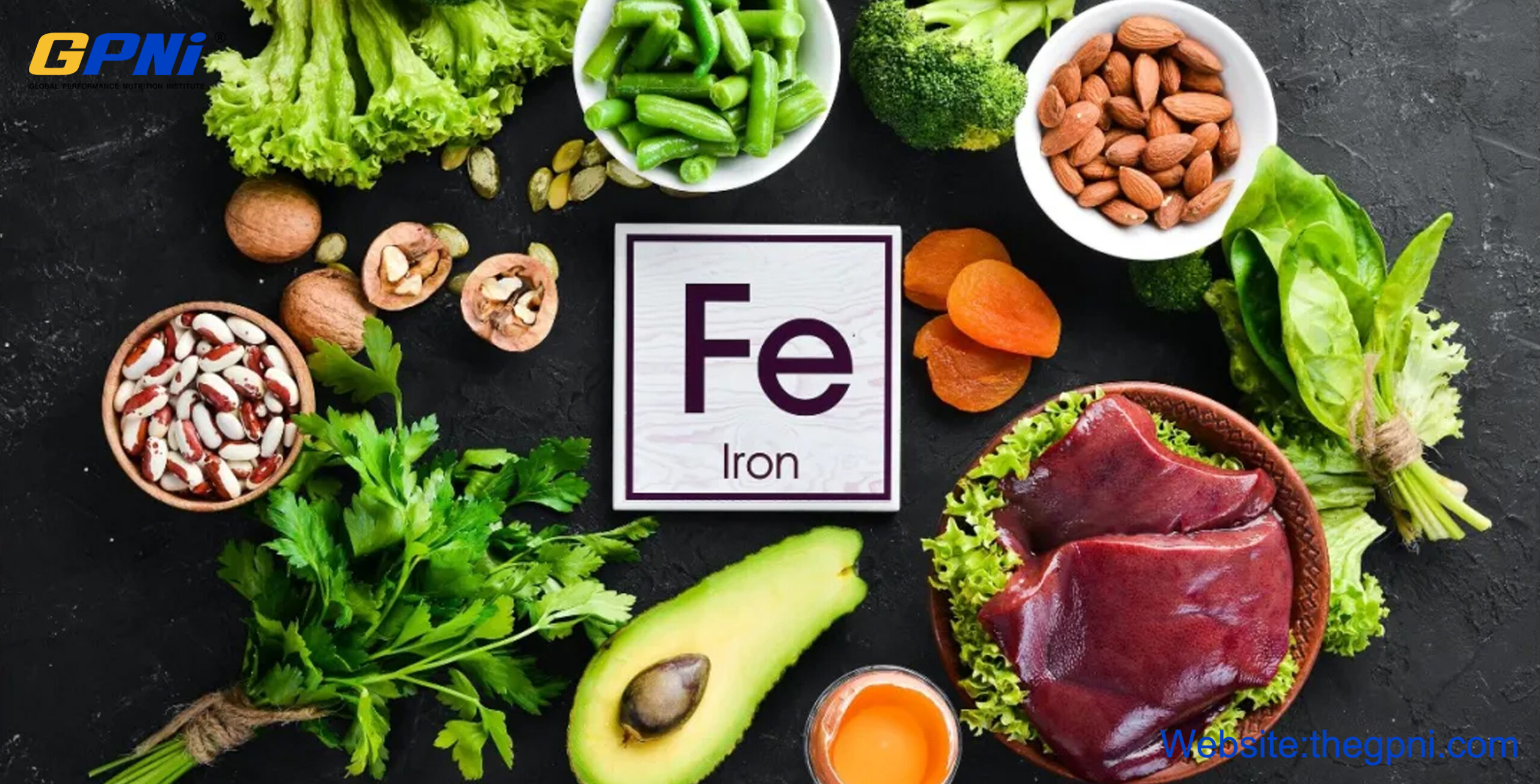Iron is a crucial mineral for athletes. It plays a vital role in oxygen transport, energy production, and overall physical performance. However, iron balance in the body is a delicate dance, especially for athletes who may experience increased iron demands due to factors like intense training (resulting in gastrointestinal bleeding and hemolysis) and potential blood loss from injuries. Hepcidin, a peptide hormone, is a key player in this intricate regulatory process, governing iron absorption and utilization. This article, will explore how hepcidin influences iron absorption in athletes and its implications for their performance and health.
The Role of Iron in Athletic Performance
Iron is essential for various physiological functions, with a significant impact on an athlete’s performance. Hemoglobin, a protein found in red blood cells, binds to oxygen and transports it throughout the body. Iron is a critical component of hemoglobin, ensuring adequate oxygen delivery to muscles during exercise. Additionally, iron is necessary for energy production and DNA synthesis, making it indispensable for overall physical well-being.
Iron Absorption and Regulation
Iron absorption primarily occurs in the small intestine, specifically in the duodenum. Dietary iron can exist in two forms: heme iron (found in animal-based foods) and non-heme iron (found in plant-based and fortified foods). The body has a sophisticated mechanism to regulate iron absorption to maintain optimal iron levels. Central to this regulation is hepcidin, a peptide hormone synthesized in the liver.
Hepcidin: The Iron Gatekeeper
Hepcidin acts as a regulator of iron balance by controlling the absorption of dietary iron and the release of iron from stores in the body, such as the liver and spleen. This hormone works by binding to ferroportin, a protein that transports iron out of cells into the bloodstream. When hepcidin binds to ferroportin, it triggers its degradation, reducing iron release into the blood. Consequently, this limits the ability of the small intestine to absorb more iron, effectively stopping the means in which an athlete absorbs the mineral.

Hepcidin’s Role in Athletic Iron Metabolism
In athletes, hepcidin levels are influenced by various factors:
• Exercise-Induced Inflammation: Intense physical activity can lead to an inflammatory response in the body. This inflammatory state increases hepcidin production as part of the acute-phase response. Elevated hepcidin levels inhibit dietary iron absorption, potentially leading to iron deficiency over time.
• Blood Loss: Athletes, especially those involved in contact sports, can experience internal or external bleeding due to injuries. This blood loss further contributes to elevated hepcidin levels and can disrupt iron balance.
• Training Intensity and Volume: The type and intensity of training can affect hepcidin levels. Endurance athletes, in particular, may experience increased hepcidin production due to prolonged exercise bouts, which can reduce iron absorption.
Practical Implications for Athletes
Understanding hepcidin’s role in iron metabolism is essential for athletes to optimize their performance and health:
• Iron Assessment: Regular monitoring of iron status, including a complete blood count and ferritin can help athletes identify and address iron deficiency before it impacts performance.
• Dietary Considerations: Athletes should consume iron-rich foods and pay attention to dietary factors that can enhance or inhibit iron absorption, such as vitamin C (which enhances absorption) and calcium (which inhibits absorption when consumed in excess).
• Timing of Iron Intake: To mitigate the inhibitory effects of hepcidin, athletes may consider consuming iron-rich foods away from high-calcium meals or supplements. There is further evidence that if supplementation may be more effective by changing dosing strategies to alternating days AWAY from exercise.
Hepcidin, the iron gatekeeper, plays a critical role in regulating iron absorption and balance in athletes. Understanding how hepcidin responds to exercise, inflammation, and dietary factors is essential for athletes to maintain optimal iron levels and, in turn, maximize their performance and overall well-being. By implementing strategies to mitigate the inhibitory effects of hepcidin, athletes can enhance their iron status and ensure that the delicate dance of iron in their bodies remains homeostatically balanced.

By Dr. Lowell Greib
(MSc, ND, CISSN). Official Editorial Writer for GPNi®.
In a world where peak athletic performance is not just a goal but a necessity, Dr. Lowell Greib MSc ND CISSN, emerges as a paragon of excellence in the realm of Performance Medicine. With over two decades of clinical and educational experience, he is driven by an insatiable desire for innovation, evidence-based care, and athlete well-being. Beyond the conventional parameters of medicine, Dr. Greib has made an indelible mark in the specialization of Sport Fuelling and Nutrition, ameliorating athletic performance from the grassroots to the elite level.







